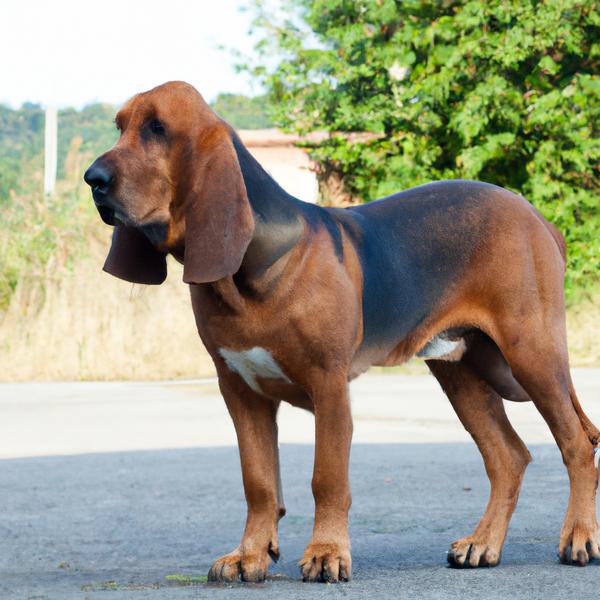
Bloodhound Breed Information & Characteristics
Weight Gain Potential
Do Bloodhounds get fat easily?
The Bloodhound is a breed that has an average risk of becoming obese. Daily walks and a balanced diet of quality dry dog food can help maintain a healthy weight. An active lifestyle and monitoring weight regularly is recommended.
Hypoallergenic
Are Bloodhounds Hypoallergenic?
Unfortunately, the Bloodhound is not hypoallergenic, making it not a good choice for a dog lover who suffers from pet allergies.
Temperament
What is a Bloodhound personality? What are Bloodhound dogs best known for?
Affectionate
Gentle
Independent
Outright
Tempered
Stubborn
Shedding Level
Are Bloodhounds heavy shedders? How Much Does a Bloodhound Shed?
Bloodhound dogs are not heavy shedders, but they will lose a significant amount of hair each year. To decrease the amount of shedding, you can regularly brush your Bloodhound. This will remove loose hair and keep his coat growing in the same direction.
Watchdog Ability
What is the watchdog ability of a Bloodhound dog?
The Bloodhound breed is one of the worst choice if you want a good watchdog.
Origin
Where do Bloodhounds come from?
Europe
Ancestry
What are Bloodhounds descended from?
flemish hound, talbot hound
Breed recognition
What organizations or kennel clubs recognize/register the Bloodhound breed?
American Canine Registry
American Kennel Club
America's Pet Registry
Canadian Kennel Club
Dog Registry of America Inc.
Federation Cynologique Internationale
Kennel Club of Great Britain
North American Purebred Registry, Inc.
Australian National Kennel Council
Continental Kennel Club
National Kennel Club
New Zealand Kennel Club
United Kennel Club
Date of Birth
When were Bloodhounds first bred? How old is the Bloodhound breed?
middle ages
Breed Group
What Breed Group is a Bloodhound?
Hound (AKC:1885)
Scenthounds (UKC)
Eye Color Possibilites
What color are Bloodhound eyes?
Hazel
Amber
Nose Color Possibilites
What color can Bloodhound nose be naturally?
Black
Brown
Coat Color Possibilites
What color can Bloodhound coat be naturally?
Black
Brown
Red
Fawn
Sable
Coat Length
How long is a Bloodhounds coat?
Bloodhounds are known for their short coat.
Coat Density
How Dense Is The Bloodhound Coat?
Coat Texture
What is the texture of the hair of a Bloodhound?
Straight
Litter Size
How many puppies can a Bloodhound have in a litter? How many puppies can a Bloodhound have in her first litter?
A Bloodhound can have a litter of 10-12 puppies on average. However, it's worth noting that the size of the litters can vary greatly. Factors that can influence litter size include the health of the mother, breeding history, and genetics.
Adaptability
Bloodhound dogs generally adapt well to changes in lifestyle and different living environments, but it is considered as an average level of adaptability compared to other breeds.
Health Issues
Do Bloodhounds have a lot of health problems?
The Bloodhound is a very healthy breed, with little need for frequent vet visits. However, it's important to keep an eye on their health and have them checked by a veterinarian when needed.
Major Concerns
What are the major health concerns to be aware of when owning a Bloodhound?
Otitis Externa
Entropion
Gastric Torsion
Cherry Eye
Hip And Elbow Dysplasia
Minor Concerns
What are the less significant issues to keep in mind when it comes to Bloodhounds?
Bone And Joint Problems
Hypothyroidism
Occasional Tests
What are the occasional tests recommended for Bloodhound breed?
Eye
Hip
Elbow
Thyroid Tests
X-Rays
Energy
Do Bloodhounds have a lot of energy?
Bloodhounds are high-energy dogs, thus an active lifestyle suits them well.
Social Needs
Do Bloodhounds need socialization? How social are Bloodhounds?
Bloodhound have very high social needs. These needs include regular mental and physical stimulation, a job or purpose, and companionship. They thrive in environments where they have a lot of interaction with humans and other dogs.
Exercise Needed
How much exercise should Bloodhounds get?
The Bloodhound needs a high level of physical activity to maintain a healthy lifestyle. They also make great companions for people who lead an active lifestyle and enjoy running, hiking or other outdoor activities. These breeds are not suitable for people with sedentary lifestyle or those who live in small apartments
Sleeping Need
How much sleep should a Bloodhound have? Do Bloodhounds sleep a lot?
Bloodhounds are active dogs that don't require as much sleep as other breeds. However, they still need enough sleep to stay healthy.
Drooling Tendency
Does a Bloodhound drool a lot?
The Bloodhound is a breed known for excessive drooling which can cause a lot of drool to be left on clothes. If this is unappealing to you, it may be best to consider a different breed of dog.
Tendency to Bark
How much does it bark?
Bloodhound dogs bark and howl frequently, they are not a good fit for quiet homes.
Territorial
Do Bloodhounds exhibit aggressive behavior to safeguard their home and territory? Do they possess a natural tendency to guard?
Bloodhound dogs are not known for their protective nature and may not be the best choice as guard dogs. They do not have a strong drive to defend their territory and may not be inclined to provide protection.
Mouthiness
Are Bloodhounds mouthy?
Roaming urge
What is the likelihood of a Bloodhound running away? Do they have a tendency to explore or wander frequently?
Prey Drive
Do Bloodhound dogs have a high prey drive?
Past times
What do Bloodhounds enjoy doing? How do I keep my Bloodhound busy?
Snack time, Walk, Petting, Sniffing, Not walking, Eating treats, Walking, Cuddle, Hide & Seek
Activity Level
What is the energy level of a Bloodhound? How much energy does a Bloodhound have?
Bloodhounds are medium-energy dogs and typically enjoy socializing and playing casual or even sustained games of chase with other dogs. They may also have occasional periods of barking or racing around the house.
Tolerance of being left alone
Walks per Week
How far should a Bloodhound walk each week? How many miles should a Bloodhound walk every week?
There's really no limit to how far you walk your dog as long as they're comfortable. For Bloodhound, it's at least 8 miles / week. Just remember to build distance and stamina gradually over time.
Activity per Day
How much a Bloodhound should exercise a day? How much activity does a Bloodhound need?
In general most Bloodhounds usually need at least 60 minutes of exercise daily. This can be spread across the day and include all sorts of high-energy activities, like walking, running and playing.
Grooming
What level of grooming should be provided for a Bloodhound?
The Bloodhound is a breed of dog that is known for its low grooming needs.
Brushing Frequency
How often should you brush a Bloodhound?
Bloodhound should be brushed at least once a week. Of course you can give them more frequent brushes if you find that they are still shedding a lot
Brushing Tools
What are the most commonly used brushing tools for Bloodhounds?
Slicker Brush
Nail Clipper
Cups
How many cups of food does a Bloodhound eat?
For an average 90-110 pound (41 - 50 kg) Bloodhound feed 3 cups daily. But, keep in mind, the amount you feed is going to be dependent on the quality of the food you are feeding.
Daily Cost
How Much Does a Bloodhound Cost Daily?
The average cost of a Bloodhound is somewhere $2.80 - $3.20 per day.
Monthly Cost
How Much Does a Bloodhound Cost Per Month?
The average per month expenses of a Bloodhound is between $84 - $95. This makes an average of $1008 - $1140 per year. It will be on the higher side when the dog is still small because it will need more frequent visits to the vet, shots.
Intelligence
How intelligent is a Bloodhound?
The Bloodhound breed is considered very intelligent and easy to train.
Sensitivity Level
How sensitive is a Bloodhound dog?
This dog breed is more sensitive than others and easily overwhelmed by new surroundings and people. They need gentle handling and a calm, stable home environment with positive reinforcement training.
Affection Dependance
Are Bloodhound dogs affectionate?
Apartment Friendly
Do Bloodhound do well in apartments? Are Bloodhounds good indoor dogs?
The Bloodhound is not an apartment-friendly dog breed. This dog breed is best in a home with a large, fenced-in yard. They are not suited for apartment life and can become destructive due to pent up energy from being in a small space.
Child Friendly
Are Bloodhounds good with kids? Are Bloodhounds good around children?
A Bloodhounds typical characteristics indicate that this breed of dog is an ideal companion for kids and makes them family pets. Their gentle and protective nature and calm mentality make them gel along quickly with the younger humans
Senior-friendly
Are Bloodhounds good for elderly?
Cat Friendly
Are Bloodhounds good with cats? How friendly Bloodhounds are toward cats?
Bloodhounds are very cat friendly dogs. They generally make good companions for cats.
Dog Friendly
Do Bloodhound dogs get along with other dogs? Are Bloodhounds OK with other dogs?
Bloodhounds are very friendly towards other dogs. This breed typically have a happy and affectionate temperament around dogs.
Pet friendly
How do Bloodhound dogs interact with other pets? Are they considered pet-friendly?
Stranger Friendly
Are Bloodhounds friendly with strangers?
Bloodhounds are very friendly around strangers.
Playfulness
Do Bloodhounds like to play? Are Bloodhounds playful?
Bloodhounds are known to be highly playful dog. So if you're not up for all that, think about adopting a slightly older Bloodhound for a mellower experience.
Trainability
Are Bloodhound easily trained?
Bloodhound dogs are known for their ease of training and ability to learn quickly, making them a popular choice for pet owners and trainers alike.
Compare Bloodhound with other breeds
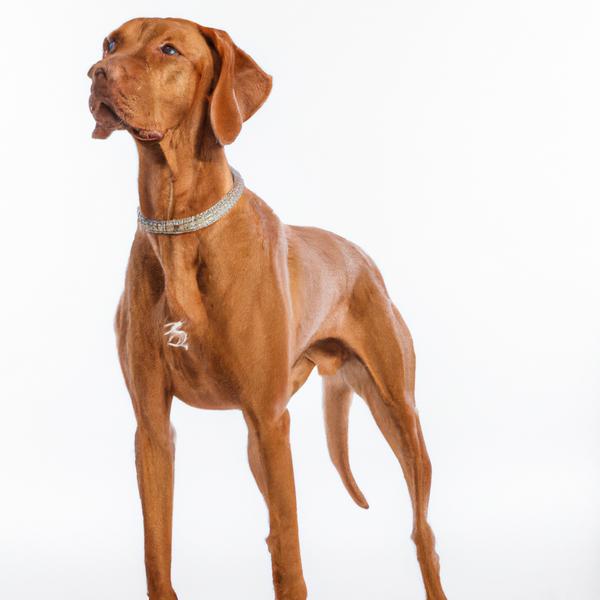
Vizsla Staff
Bloodhound vs Vizsla Staff
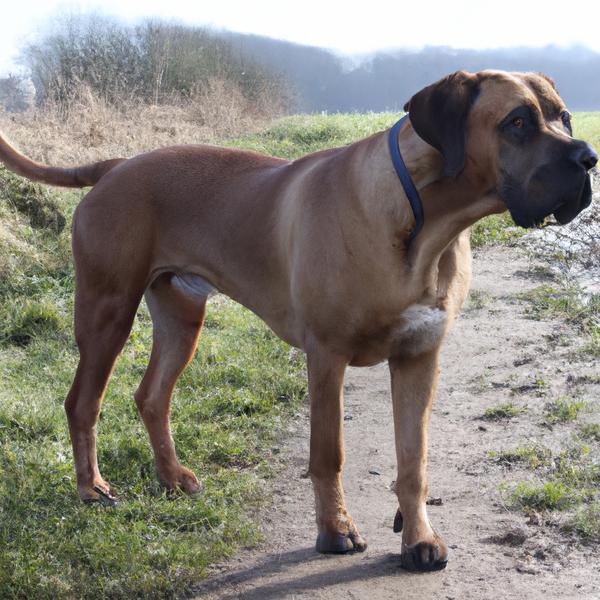
Westeke
Bloodhound vs Westeke
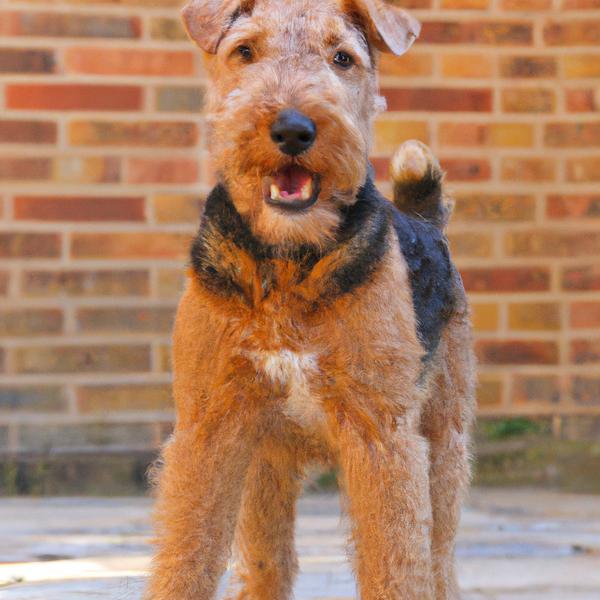
Lakeland Terrier
Bloodhound vs Lakeland Terrier
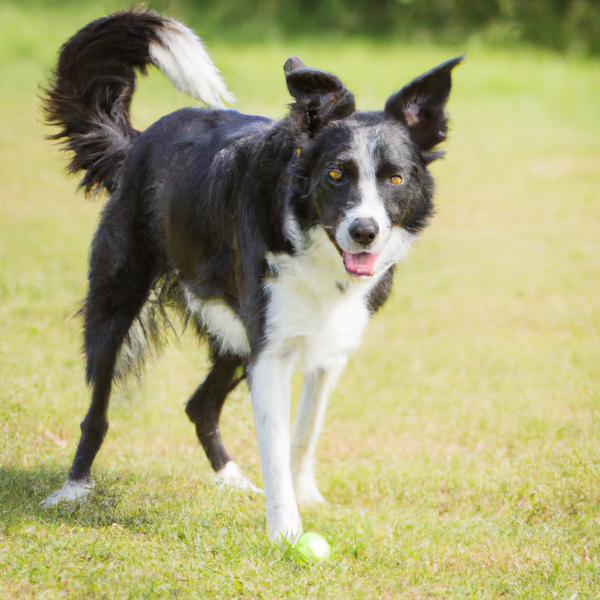
Standard Border Schnollie
Bloodhound vs Standard Border Schnollie
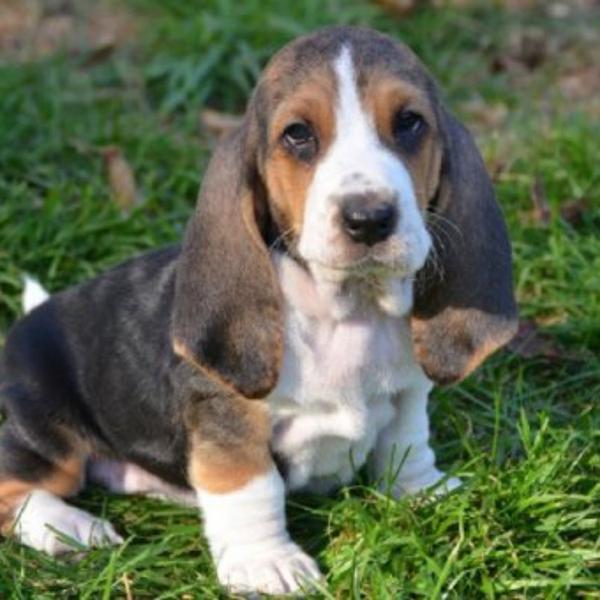
Basset Artesien Normand
Bloodhound vs Basset Artesien Normand
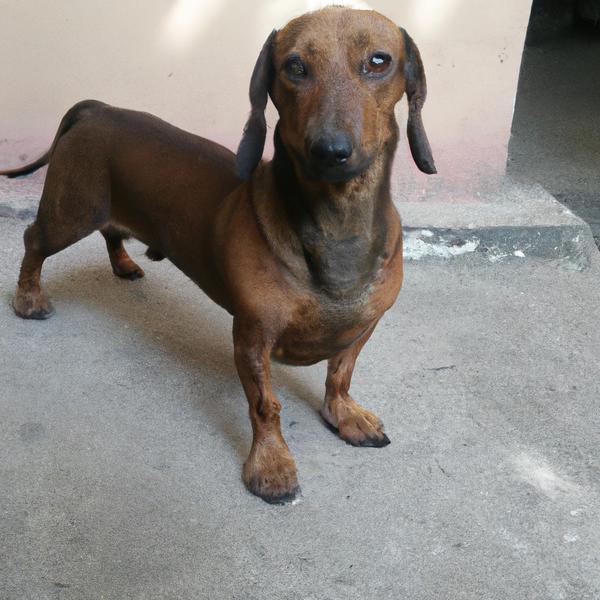
Papshund
Bloodhound vs Papshund
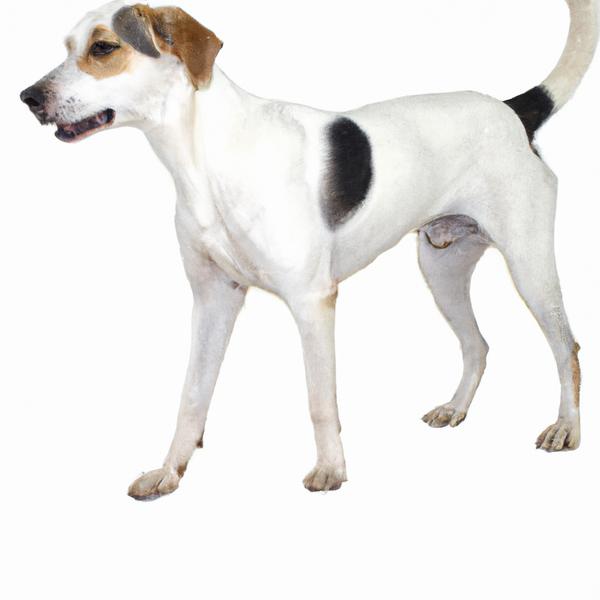
Tibalier
Bloodhound vs Tibalier
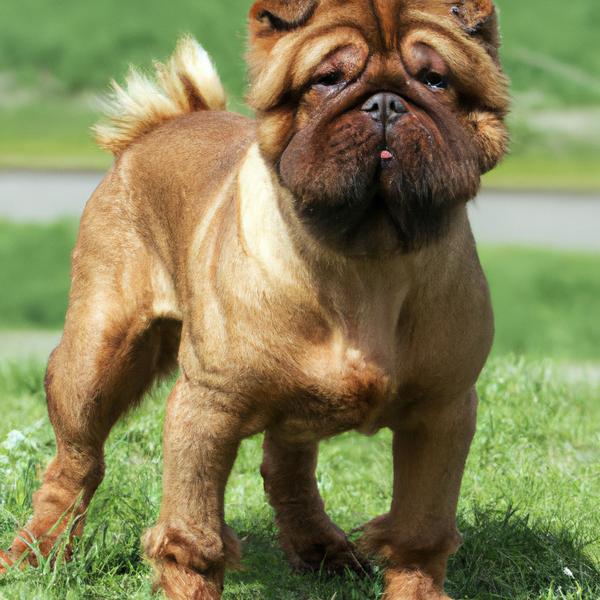
Griffon-Pei
Bloodhound vs Griffon-Pei
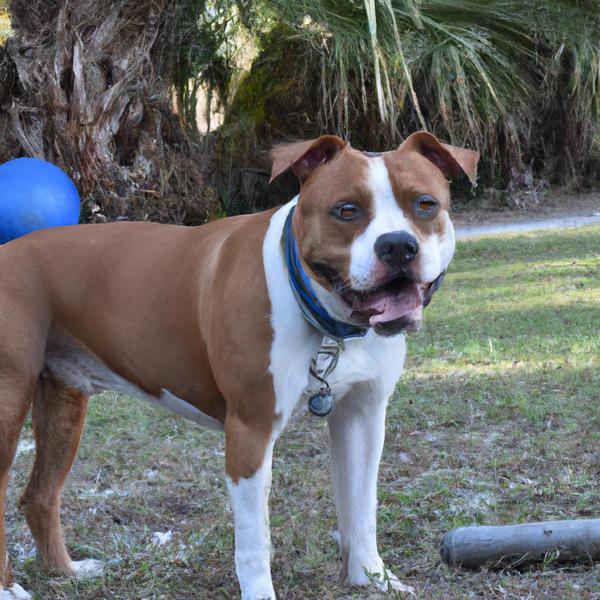
Bostillon
Bloodhound vs Bostillon
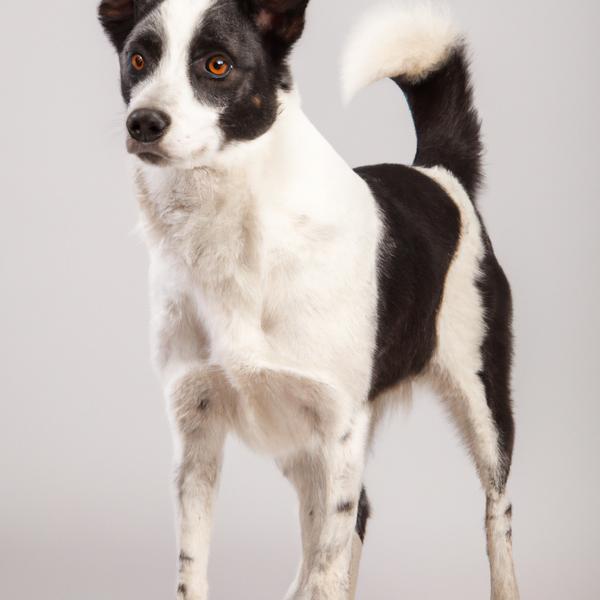
Border Jack
Bloodhound vs Border Jack
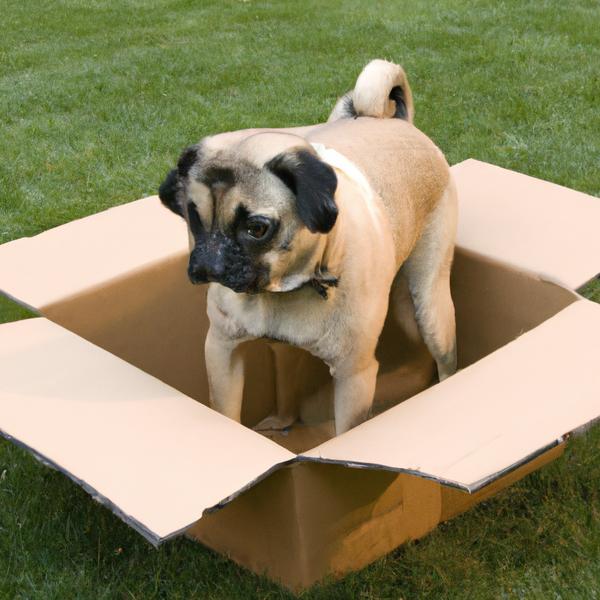
Box-a-Pug
Bloodhound vs Box-a-Pug
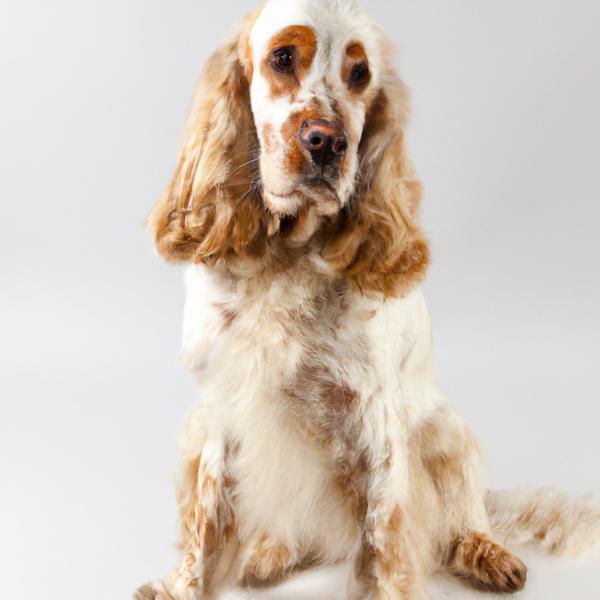
Clumber Spaniel
Bloodhound vs Clumber Spaniel